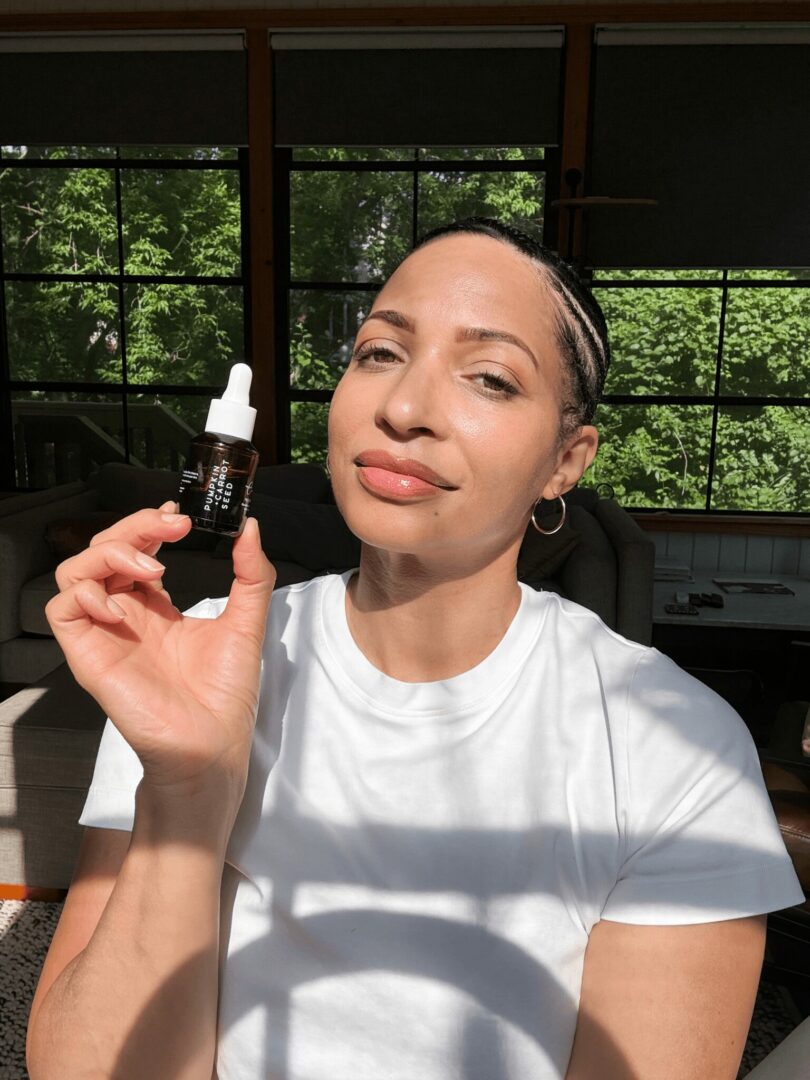Joy Hankins shared their story and experiences with us recently and you can find our conversation below.
Good morning Joy, it’s such a great way to kick off the day – I think our readers will love hearing your stories, experiences and about how you think about life and work. Let’s jump right in? What is something outside of work that is bringing you joy lately?
Well, recently I quite literally got my groove back.My mom put me in dance classes when I was three and even though I was extremely shy, if you put me on stage I’d turn into Beyonce. One of my earliest memories is being at Festival, a three day celebration in my hometown Grand Rapids where thousands of people crowd the main stage to watch performances. One little girl in group got sick, so it was just me and one other child on stage and I tap danced my little heart out. Dancing has always brought me joy, but I had no clue how much I missed it until this summer when I started Zumba again. I had forgotten
how euphoric I feel swaying to latin rhythms in a room full of women who are grinning from ear to ear, sweat beads glistening on their faces and zero cares about who’s watching. Being in class for that hour I’m not a CEO, a mama, I’m just Joy. I feel like me again.
Can you briefly introduce yourself and share what makes you or your brand unique?
I take plants and turn them into hair and skin care products that bring out the best in what God gave you. My brand The Joy of Curls was created to celebrate textured hair, but has turned into so much more. Many of my customers would say they don’t have textured hair, but they love the moisturizing, frizz-fighing power in the botanical blends we’ve created.
What’s interesting about The Joy of Curls is it began with me teaching foster parents how to create natural hair styles and evolved into a global beauty brand that donates products to kids in foster care.
Lately I’ve felt the pull to put more energy into the education side of the brand so I’m working on expanding a course I created, “Curly Hair Loving Care.” I’d love to see every State provide this education to resource parents. Learning about textured hair care needs and culture is a necesity. I’m also leaning into keynote speaking which as a softspoken introvert is something I never thought I’d do!
Appreciate your sharing that. Let’s talk about your life, growing up and some of topics and learnings around that. What did you believe about yourself as a child that you no longer believe?
Being incredibly shy growing up and the youngest of three girls, I accepted the position as the baby of the family and I stayed in my place. I naturally felt my words didn’t matter, not because someone told me so, but because I was small I felt powerless. I never saw myself as a leader. I never imagined anyone would take direction from me and I looked to others for guidance, constantly second guessing myself. I have learned through life experiences that being quiet doesn’t make you powerless. I’ve learned that there’s strength in observing others and listening before you speak. I’ve also learned that when I choose to use my voice the words I say are not only powerful, but impactful so I now believe that my quiet nature is my superpower.
What have been the defining wounds of your life—and how have you healed them?
I don’t often share this, but as a young child I carried a dark secret and the wounds that developed over time nearly destroyed me. I grew up attending church with my family and when a new Pastor was appointed to our congregation everyone adored him. I eventually became the babysitter for his family and over a period of years he very slowly stripped me of my innocence. I was violated by this man in every way you can imagine. I believed knowledge of my sexual abuse would destroy my family, my community and ultimately me if I shared it out loud. It was during my Sophomore year of college that I decided it was time to tell my family and in that moment the world changed. I was believed and supported. I entered counseling for the first time and renewed my relationship with Christ. Finally, a total breakthrough came when I agreed to press charges and he was convicted for everything he stole from me. Using my voice, my soft-spoken, shy, voice ultimately was the key to healing my wounds. I know now, despite my quiet nature the force that I am.
Next, maybe we can discuss some of your foundational philosophies and views? What’s a belief or project you’re committed to, no matter how long it takes?
No matter how long it takes, I know my ministry is to increase foster care awareness and improve conditions for children in foster care on a global scale. Both of my grandmothers had a personal connection to foster care and it’s by no accident that my business began once I became a foster parent too. I have always loved children, so hearing about their needs during the most vulnerable time of their lives was the call to action I needed to walk into my purpose. This is a life journey and legacy I hope continues for generations to come.
Thank you so much for all of your openness so far. Maybe we can close with a future oriented question. Are you doing what you were born to do—or what you were told to do?
I have always loved children and wanted to be a mother. I have always been fascinated by trying new hair styles and experimenting with products, all things beauty.
Being the CEO of a Beauty brand with a foster care mission is without a doubt what I was born to do!
Contact Info:
- Website: https://thejoyofcurls.shop
- Instagram: https://www.instagram.com/thejoyofcurlsbeauty/
- Facebook: https://www.facebook.com/thejoyofcurls
- Youtube: https://www.youtube.com/@thejoyofcurlsbeauty
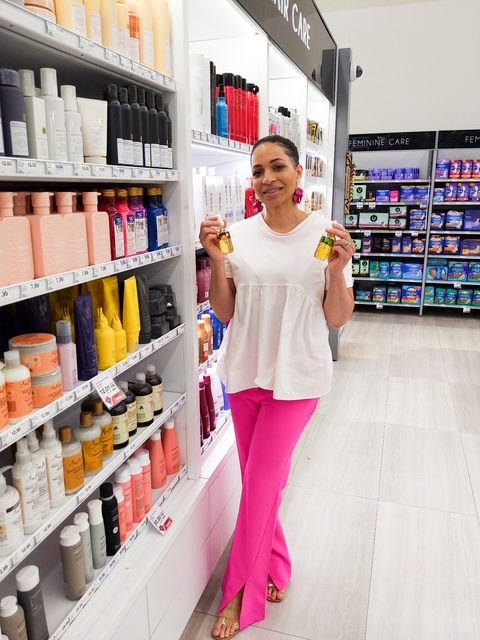
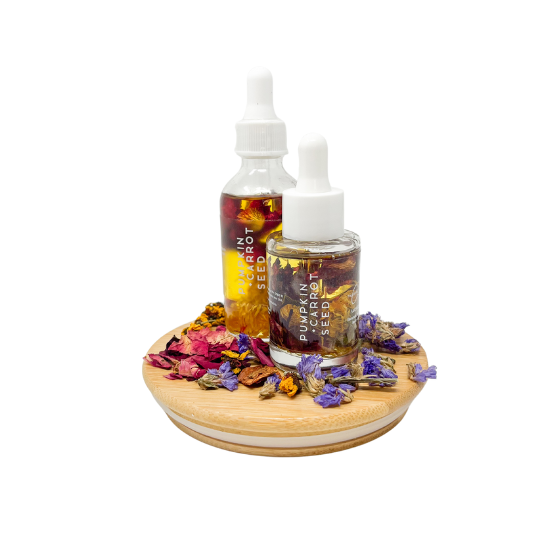
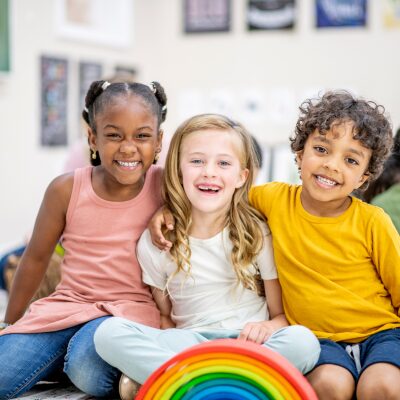
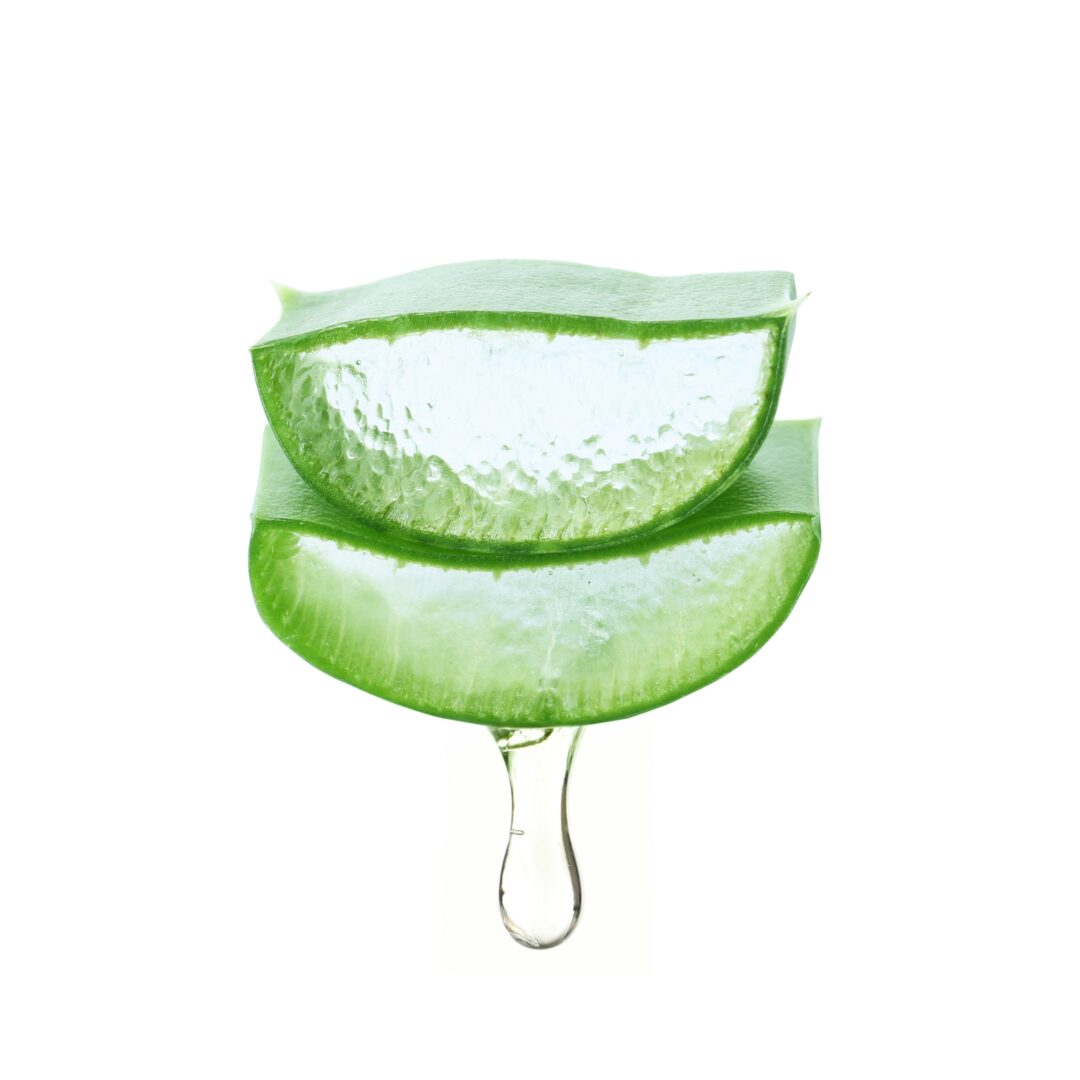
Image Credits
The Joy of Curls LLC
iStock
so if you or someone you know deserves recognition please let us know here.

